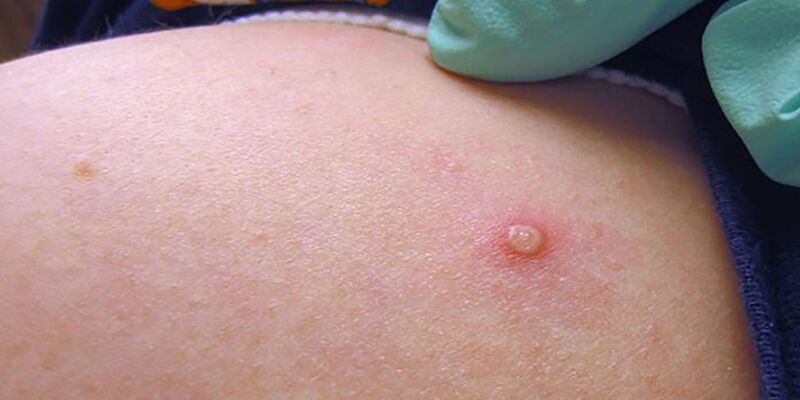Coughs caused by an itchy throat from allergies or the common cold are examples of innocuous coughs. Another possibility is that you have pneumonia, so you should seek medical attention immediately.
It's difficult to tell if your cough is caused by pneumonia or something less serious, but that's where the problem lies. According to experts, most pneumonia coughs are difficult to identify from ordinary coughs.
When it comes to coughing up pneumonia, it can be tough to tell the difference between it and a cold or allergies, but there are several telltale signs you should look out for that can indicate if you're dealing with a true pneumonia cough. Here, pulmonologists explain the symptoms that mean that you have pneumonia and what you may do to treat it.
Pneumonia, What Is It?
An infection of the lungs causes the air sacs to fill with fluid or pus, according to the MedlinePlus database of the US National Library of Medicine. Many factors influence the severity of pneumonia, including your age, general health, and the type of germ that caused your infection.
Bacteria, viruses, or fungus can bring on pneumonia, and each of these can lead to a cough and other unwelcome symptoms in the patient.
Having a weaker immune system, being extremely young or old, and certain lifestyle behaviors like smoking and heavy drinking can increase your risk of developing pneumonia, according to MedlinePlus.
Pneumonia's Most Prevalent Signs and Symptoms

According to experts, pneumonia symptoms might vary slightly based on the type of infection. According to this expert, pneumonia can be brought on by either a bacterium or a virus in the United States, and the signs and symptoms can vary.
The Cleveland Clinic reports that the following symptoms may appear when bacteria bring on pneumonia:
- Fever
- Fatigue
- Breathing too quickly or too quickly for one's size
- Sweating
- Chills
- The mucus from your cough may be green or contain some blood, depending on the strain.
- As a result of coughing or deep breathing or chest or stomach pain.
- The inability to eat
- Changes in awareness or a condition of confusion in the mind
What Is the Sound and Appearance of A Pneumonia Cough?

According to Khalilah Gates, MD of Northwestern Medicine's Department of Pulmonary and Critical Care, "the cough itself is not particularly different." Still, it should be taken seriously if it occurs together with pneumonia-like symptoms. This means that you (and your doctor) should consider additional symptoms to determine whether or not you have pneumonia, such as a fever and a loss of appetite.
The cough, on the other hand, can be an indication of anything amiss. It's a new cough or one that's different from the patient's regular cough that prompts doctors to check more and determine if the patient has pneumonia. According to Dr. Casciari, pneumonia coughs sound "deeper" than usual.
Depending on the type of pneumonia you have and the severity of your illness, you may cough up various substances. You may not cough up anything in the early stages of viral pneumonia. In contrast, if your viral pneumonia has worsened or you have bacterial pneumonia, your symptoms will be "more mucus-producing," according to Dr. Casciari. You should be able to produce something at this point. According to Dr. Casciari, the color might range from a greenish or yellowish hue.
According to Dr. Casciari, most pneumonia patients don't give cough incessantly, and nothing comes out; instead, they cough and something comes out. Pneumonia coughs can be bloody in addition to producing mucus. Doctor Casciari said blood-tinged mucous is usually abnormal and requires diagnosis. In addition, a blood vessel can be ruptured, and mucus becomes blood-tinged if a person coughs hard enough.
How To Deal With A Cough Caused By Pneumonia
Whether you think you have pneumonia or not, if you're feeling unwell, you should see a doctor immediately. Dr. Gates advises that if your cough is affecting you and doesn't seem to be improving, you should seek medical attention. In addition, she recommends that if you have a high fever and "severe" shortness of breath, you should seek immediate medical attention.
Until then, here are some suggestions from medical professionals to assist in alleviating your cough:
- Rest your body and mind. You'll have more energy to combat the infection when your body has recovered.
- Consume anything sweet, such as something sweetened with honey.
- Be sure to stay hydrated by drinking lots of water.
- Apply steam to the affected areas. Using a humidifier or even spending time in a steamy restroom can help.
- A cough suppressant may help.




